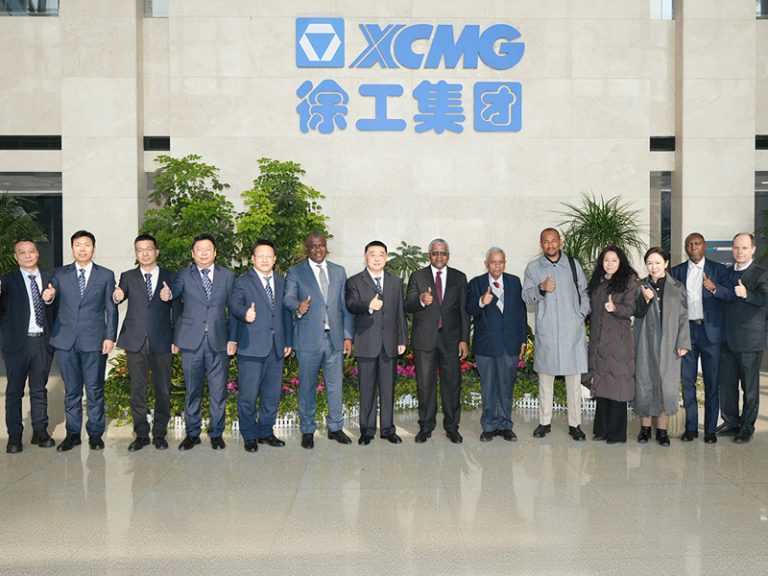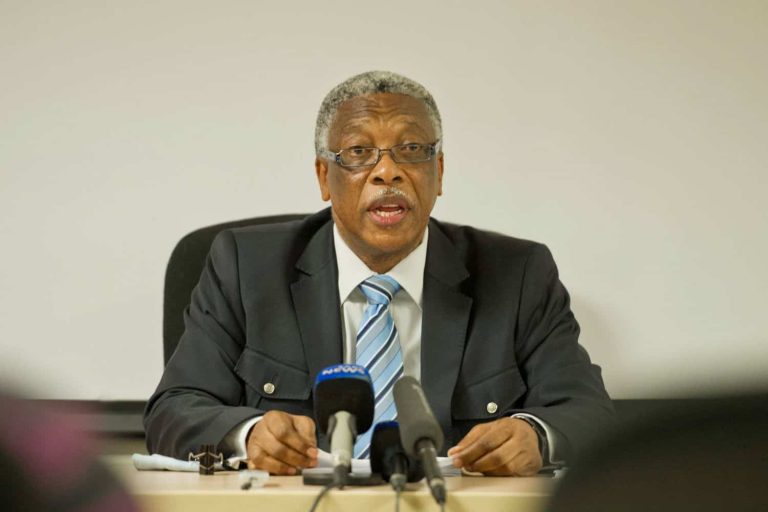
Beijing outlines goals under the 15th Five-Year Plan, pledging deeper cooperation with Nigeria on development and modernization…
China has set a clear path for its economic and social development over the next five years, as the Fourth Plenary Session of the 20th Central Committee of the Communist Party of China (CPC) reviewed and adopted the Recommendations for Formulating the 15th Five-Year Plan for Economic and Social Development. The plan outlines a strategic blueprint for advancing toward the comprehensive realization of socialist modernization.
Formulating and implementing successive five-year plans has long been one of the CPC’s most effective tools for guiding national progress. Since the first plan in 1953, China has drawn up and executed 14 consecutive five-year plans, transforming from a poor, agrarian nation into the world’s largest manufacturing hub and the second-largest economy globally. Each plan has marked a major milestone on China’s journey toward modernization.
As the 14th Five-Year Plan approaches completion, China’s economy and society have recorded remarkable achievements, providing a stronger material and technological base for modernization. The nation’s total economic output is projected to reach about 140 trillion yuan (US$19.6 trillion) by the end of this year. With an average contribution of 30% to global economic growth, China remains a key driver of the world economy.

Seven Development Goals and Twelve Strategic Tasks
The 15th Five-Year Plan, approved at the plenary session, defines seven key objectives for the next phase of China’s development. These include:
- Advancing high-quality and sustainable growth;
- Strengthening scientific and technological self-reliance;
- Deepening comprehensive reforms;
- Enhancing social civility and cultural development;
- Improving living standards and quality of life;
- Achieving major progress toward a “Beautiful China”; and
- Bolstering national security.
To realize these goals, China will focus on twelve strategic tasks, from building a modern industrial system centered on the real economy, accelerating innovation, and expanding domestic demand, to deepening reforms and promoting high-level opening up. Officials say the plan offers “strategic certainty and stability” at a time of global economic turbulence.
China–Nigeria Relations Reach New Heights
During the 14th Five-Year Plan period, China–Nigeria relations have grown rapidly, achieving what both sides describe as “leapfrog development.” Nigeria has remained China’s largest engineering contract market, second-largest export market, and a major investment destination in Africa.
Bilateral trade hit a record US$22.5 billion in 2023. In 2024, China’s imports from Nigeria rose 25.8% year-on-year to US$2.99 billion, while from January to September 2025, trade between the two nations reached US$20 billion, representing 32.6% growth over the same period last year.
At the Beijing Summit of the Forum on China–Africa Cooperation (FOCAC) in September last year, President Xi Jinping and President Bola Ahmed Tinubu elevated the relationship to a Comprehensive Strategic Partnership, marking a new chapter in bilateral ties.
Expanding Cooperation and Shared Growth
Looking ahead, China says its pursuit of high-quality development and a new economic model will create more opportunities for cooperation with countries around the world including Nigeria.
Under the frameworks of the Belt and Road Initiative (BRI) and FOCAC, China aims to align its 15th Five-Year Plan with Nigeria’s Renewed Hope Agenda and its eight priority areas. Both countries plan to use the 55th anniversary of diplomatic relations in 2026 and the Year of People-to-People and Cultural Exchanges between China and Africa as platforms to deepen collaboration in:
- Infrastructure development
- Industrial and supply chain modernization
- Digital technology
- Agricultural modernization and food security
- Education, training, and cultural exchanges
A Partnership for Shared Prosperity
With its vast population and growing economy, Nigeria remains one of Africa’s most promising nations and China continues to describe itself as a trusted partner in its development journey.
Quoting an African proverb, Chinese officials said: “If you want to go fast, walk alone; if you want to go far, walk together.”
As both nations pursue their respective paths to national renewal, the China–Nigeria Comprehensive Strategic Partnership is expected to usher in a new era of cooperation, contributing not only to mutual prosperity but also to China–Africa solidarity and global peace and development.



